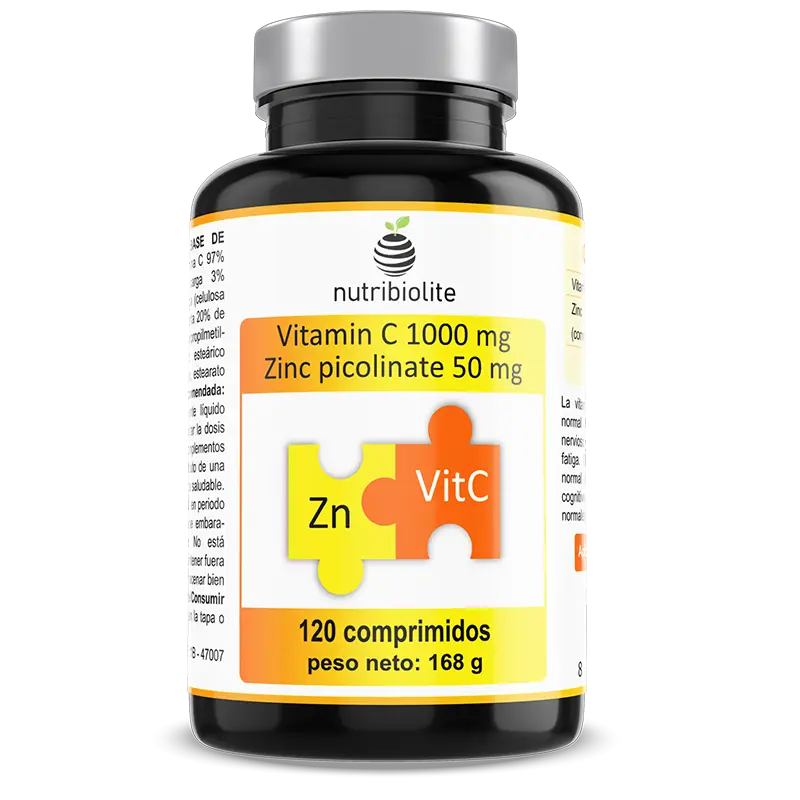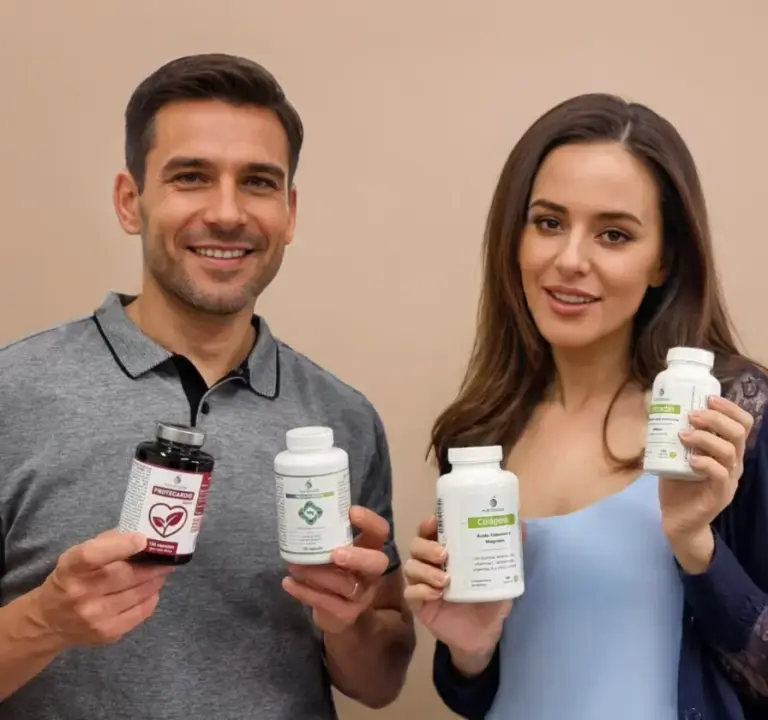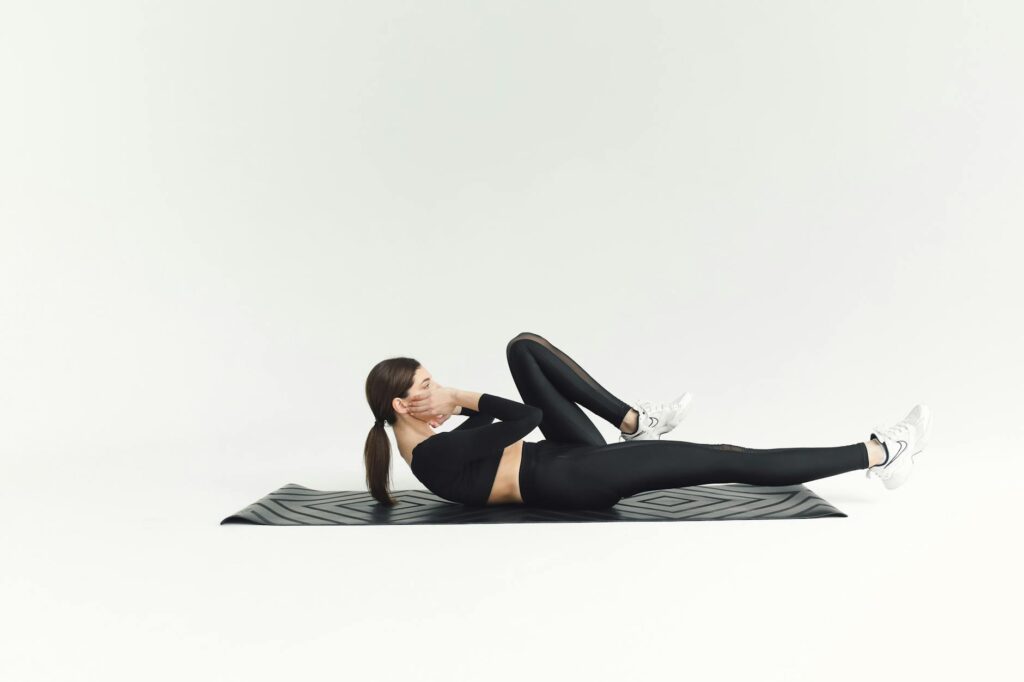A recent clinical trial in patients with pulmonary septic shock, published in BMC Infectious Diseases 2025(study in BMC infectious diseases 2025), observed something very specific, when vitamin C was combined with a drug from the statin family, signs of inflammation in the blood went down and support with drugs to maintain blood pressure went down sooner. Mortality did not change, but the internal landscape of the body, as measured by biomarkers, did.
Put simply, what the Iranian team that led the study saw is that, in an extreme context of inflammation, vitamin C is part of a strategy that helps the body get out of the storm sooner. For day-to-day life, this kind of work is an important reminder that when inflammation is rampant, the body rests worse, and when the inflammatory response is more balanced, sleep and rest have more room to happen.
Why inflammation also keeps you awake at night
Sleep and rest, sleep and rest, don’t just depend on light or a nightly routine. They also rely on a silent web of chemical signals circulating in the blood. Among them are inflammatory molecules, little sparks that the body uses to defend itself, but which, when they accumulate, heat up the system and keep it on alert.
In the clinical study, 60 patients with pulmonary septic shock admitted to the ICU were divided into two groups. One received standard treatment and the other, in addition, a combination of oral vitamin C, 1 gram per day for five days, and atorvastatin, a commonly used statin. The researchers measured markers such as C-reactive protein, lactate dehydrogenase and ferritin, all of which are associated with inflammation and tissue damage. In the group that received vitamin C and statin, these markers clearly dropped within a few days.
When inflammation goes down, the body has more room to activate repair processes, regulate internal temperature and adjust hormones that mark the start of the night. You don’t have to be in an ICU for this to matter. The same biochemical language that goes haywire in sepsis is also altered, on a smaller scale, by chronic stress, a sedentary lifestyle or a diet poor in antioxidants. And when that language gets muddled, rest becomes light, fragmented, unrefreshing.
Vitamin C, the aqueous shield that protects your rhythms
Vitamin C, also called L-ascorbic acid, is a water-soluble antioxidant. It lives in the aqueous part of the body, in the blood, in the fluid that surrounds the cells. Its job is simple and profound, to donate electrons to neutralise free radicals and help other defensive systems work better. In the sepsis study, that ability translated into lower levels of damage markers and reduced time on vasoactive drugs.
In a body not in an ICU, the picture is less dramatic, but follows the same script. Vitamin C is involved in the synthesis of collagen, which gives structure to blood vessels and tissues, and supports the normal functioning of the immune system. When these structures are in balance, the heart beats with less effort, vessels respond better to changes in temperature and pressure, and the body interprets rest signals more clearly.
Imagine the body as a city. Inflammation is heavy traffic, honking horns, smoke. Vitamin C is not the only traffic light, but it helps make some intersections work better. By reducing oxidative noise, it makes it easier for the nervous system to switch from alert to repair mode. And that shift is the prelude to deep sleep.
From lab to bedside table – what it means for your sleep and rest
The clinical trial with ICU patients did not study sleep directly. However, it leaves us with a valuable clue: when systemic inflammation is moderated, organs breathe better, tissues receive more oxygen and the autonomic nervous system has less reason to stay in fight or flight mode. In other words, the body feels safer, and a body that feels safe rests better.
In everyday life, excess inflammation does not usually come from sepsis, but from repeated small aggressions, lack of movement, smoking, poor quality diet, sustained stress. These situations are not treated with a supplement, they are addressed with a constellation of habits. But understanding the logic of the study helps to see the map, what we eat, what we breathe and how we feel during the day sets the stage for the night.
A walk in the late afternoon, a light dinner rich in vegetables and fruits rich in vitamin C, such as citrus fruits, kiwi or red pepper, and some time disconnected from screens are gestures that speak the same language as the physiology observed in the ICU. Less inflammation, better vascular tone, an immune system that does not trigger unnecessary alarms. All this translates into a greater likelihood that sleep will come, stay and be restful.
Vitamin C and zinc, a discreet alliance for days that call for more defence
In the clinical study, the star was vitamin C at a dose of 1 gram per day, accompanied by a statin. The central message is that, even in an extreme context, a classic nutrient can modulate the inflammatory response. In everyday life, the scenario is different, but the logic remains, taking care of vitamin C availability is taking care of an important part of defence and repair.
This is where a combination that is widely used in nutrition, vitamin C and zinc, comes in. Zinc is involved in hundreds of enzymatic reactions, supports normal immune system function and contributes to the protection of cells from oxidative damage. Together with vitamin C, it forms a kind of duo that supports the first line of defence and the body’s ability to respond to everyday challenges, from changes in temperature to seasons of increased mental workload.
When the immune system works in balance, there is less low-grade inflammation, less noise in the background. And when the noise goes down, rest becomes more accessible. Sleep and rest are not just about the pillow, they are also the result of how cells get to the end of the day.
How all this connects with Nutribiolite Vitamin C + Zinc Picolinate
Nutribiolite’s Vitamin C + Zinc Picolinate product builds on that same physiological logic shown in the clinical trial, using vitamin C as a key player in inflammatory balance and immune function. Instead of an ICU context, it is placed in the everyday setting, people who want to take care of their defences, their energy and, indirectly, the quality of their days and nights.
The formula combines vitamin C in the form of L-ascorbic acid, the same type of molecule used in the study, with zinc in the form of picolinate, a form known to be well absorbed. While vitamin C acts as an aqueous antioxidant and cofactor in collagen synthesis, zinc contributes to the normal functioning of the immune system and protects against oxidative damage. Together, they help to ensure that the defensive response is effective, but not excessive.
It’s not about recreating an ICU intervention in a capsule, it’s about following the same physiological direction, supporting the body’s ability to maintain inflammation in healthy ranges and sustain its natural barriers. When the body lives less time in alarm mode, it is easier for it to enter repair mode, and that repair mode is the essence of good sleep and rest.

Vitamin C and zinc in picolinate form to support your daily defences and create a more conducive internal environment for sleep and rest.
Frequently asked questions about vitamin C, inflammation and rest
What exactly did the study on vitamin C and statins in sepsis show?
The clinical trial in patients with pulmonary septic shock compared standard treatment versus standard treatment plus oral vitamin C, 1 g per day for five days, and atorvastatin. There was no difference in mortality, but the vitamin C and statin group had lower levels of inflammatory markers and needed less drug time to maintain blood pressure.
What does inflammation have to do with my daily sleep and rest?
Low-grade inflammation can alter body temperature, pain sensitivity and nervous system balance. All of these influence how the body enters and stays in deep sleep. When the inflammatory response is more regulated, the body can devote more resources to night-time repair and rest often feels more restorative.
Why is it interesting to combine vitamin C with zinc?
Vitamin C acts as an antioxidant and supports normal immune system function, while zinc is involved in many defensive enzymes and also protects against oxidative damage. Together, they contribute to immune and tissue balance, which has an impact on how you get to the end of the day, your energy and your ability to switch off to sleep.
Does Vitamin C + Zinc Picolinate treat sleep problems?
No. It is not a treatment for insomnia and is not a substitute for consultation with a healthcare professional. Its function is to support physiological processes such as antioxidant defence and immune function. A body with less oxidative stress and better inflammatory balance tends to have a more favourable environment for quality sleep and rest, always within a healthy lifestyle.
When does it make sense to consider vitamin C and zinc supplementation?
It makes sense at times of increased demand, for example seasonal changes, periods of prolonged stress or diets low in fresh fruit and vegetables. In these contexts, a supplement such as Vitamin C + Zinc Picolinate can help ensure the availability of these key nutrients, always in addition to a varied diet and good sleep habits.
This content is for information only and does not replace the advice of a healthcare professional.
















